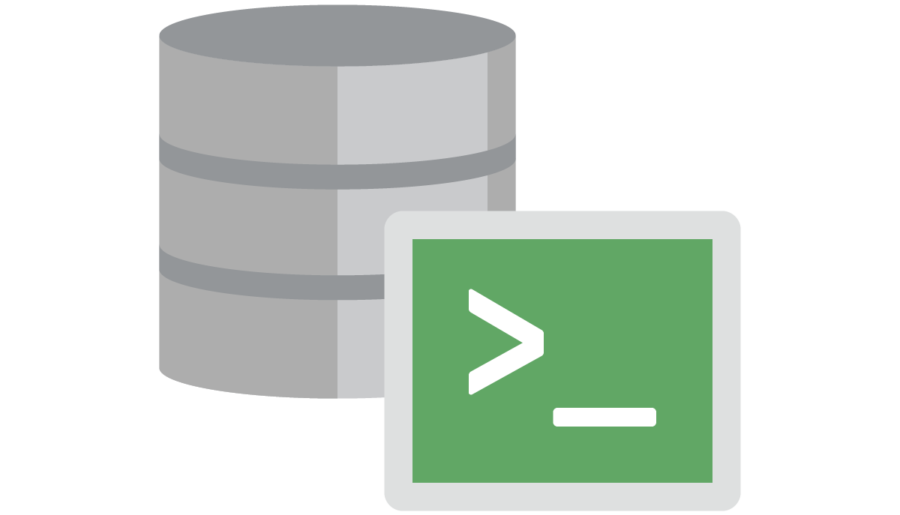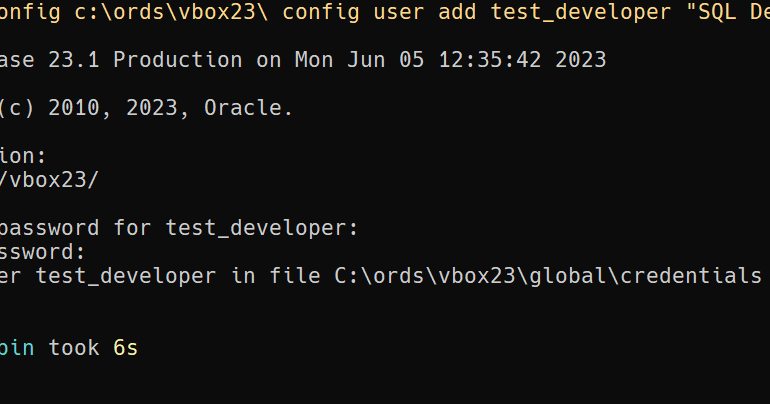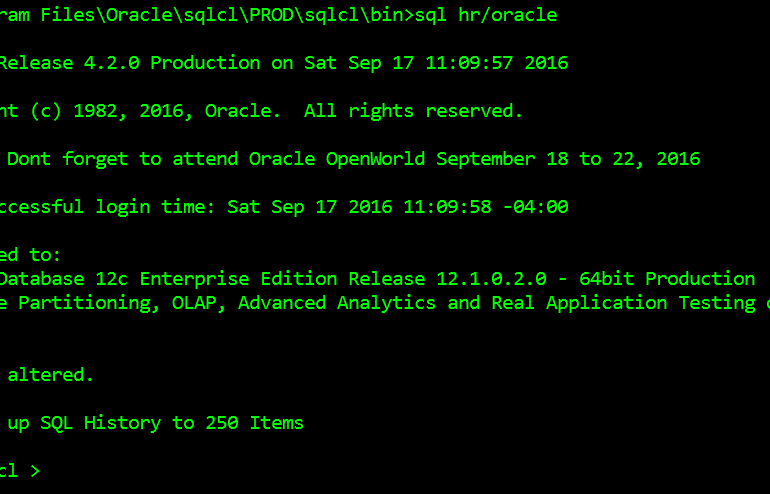How to create ORDS users for basic auth on your Oracle Database REST APIs. You’ll supply the name of the user, its roles, and a password.
When using the data modeler, we assume when you add a foreign key, you haven’t already created the ID column. So we create that for you. Here’s what that looks like. I draw the relationship. I don’t want that. I want it to use USER.USER_ID instead. Click on the Column, and toggle it to USER_ID. When I click ‘Apply’ or ‘OK’ – the generated column goes away. If you don’t like being asked, you can…
There are tons of properties you can set in your design objects. In fact, I discovered a ‘new’ one this week thanks to my friend David. #Oracle #SQLDev Data Modeler users please up vote my feature request to allow additional “display as” componentshttps://t.co/2fIbVXmIn9:::— david schleis (@dschleis) October 12, 2016 Display as…what’s he talking about? Oh, this. But what if the set of values we give you for a table or column property aren’t enough? What…
We introduced the Instance Viewer in v4.1. We show you in real time what’s happening in your database. To get there, open your DBA panel. Connect. Then go to the Database Status node. Storage bits are interesting, but maybe you’re more excited about the specific workload. So in version 4.2, we’ve added a Top SQL panel to the screen. It auto-refreshes every few seconds, and you can sort it by several different performance metrics. If…
I love SQLcl – I use it more and more every day. But. Sometimes I need a GUI. Copying and pasting code between the two can be cumbersome – Toggle the Block Cursor You can do this in v4.1 with the mouse and clicking to set the cursor points. In v4.2 you can do it by toggling the block cursor mode, and then it’s all keyboard from there. I have a standing ER to be…
For some reason I procrastinated setting up my video software on my new work machine. Big mistake. I put together this animated GIF to show some new things in version 4.2: Updated formatter – better support for ANSI joins Opening objects referenced in your execution plans Inserting Hints Not new but underutilized: how to compare plans/AutoTraces One Last Thing… …don’t forget about the HotSpot feature we added in v4.1.
The old formatter, the code that’s used to format your code from v1 to version 4.1 was based on some pattern matching code and expressions. It was very limited, and didn’t like a lot of syntax and coding styles common in Oracle code. It also wasn’t very flexible. So we built a new engine. One that takes advantage of our Oracle parser. The new formatter (the part you can see like the preferences) looks very…
Someone said we should make the view source searchable, and that we should show any errors on a view. Actually, it might have been a few dozen of you. A reader reminded me that we actually implemented this in v4.2. Code Outline I’ll go into more depth here next week when I’m back from Open World, but we’re working on building a new advanced Code Outline. Right click in your editor to open it. It’s…
Oracle SQL Developer Command Line (SQLcl) is now officially available. (Download) Thanks to the many of you who provided feedback and helped us make this ready. We plan on very regular updates, every 60-90 days, so the fun hasn’t stopped. Oracle SQL Developer v4.1.5 is now officially available. You can now drag and drop objects to copy them from one database to another, Oracle or non-Oracle to Oracle (on prem or Cloud), and we have…
Oracle SQL Developer Command Line (SQLcl) is the full name for what we’ve been calling, SQLcl. Have you seen the video? It’s only 8 minutes and will catch you up on just what SQLcl is. Anyways, there’s a ‘new’ command called SCRIPT that I want to show you today. I say ‘new’ because we added this in October of 2015. Stealing from @krisrice… This new command can radically change things you can do in the…







